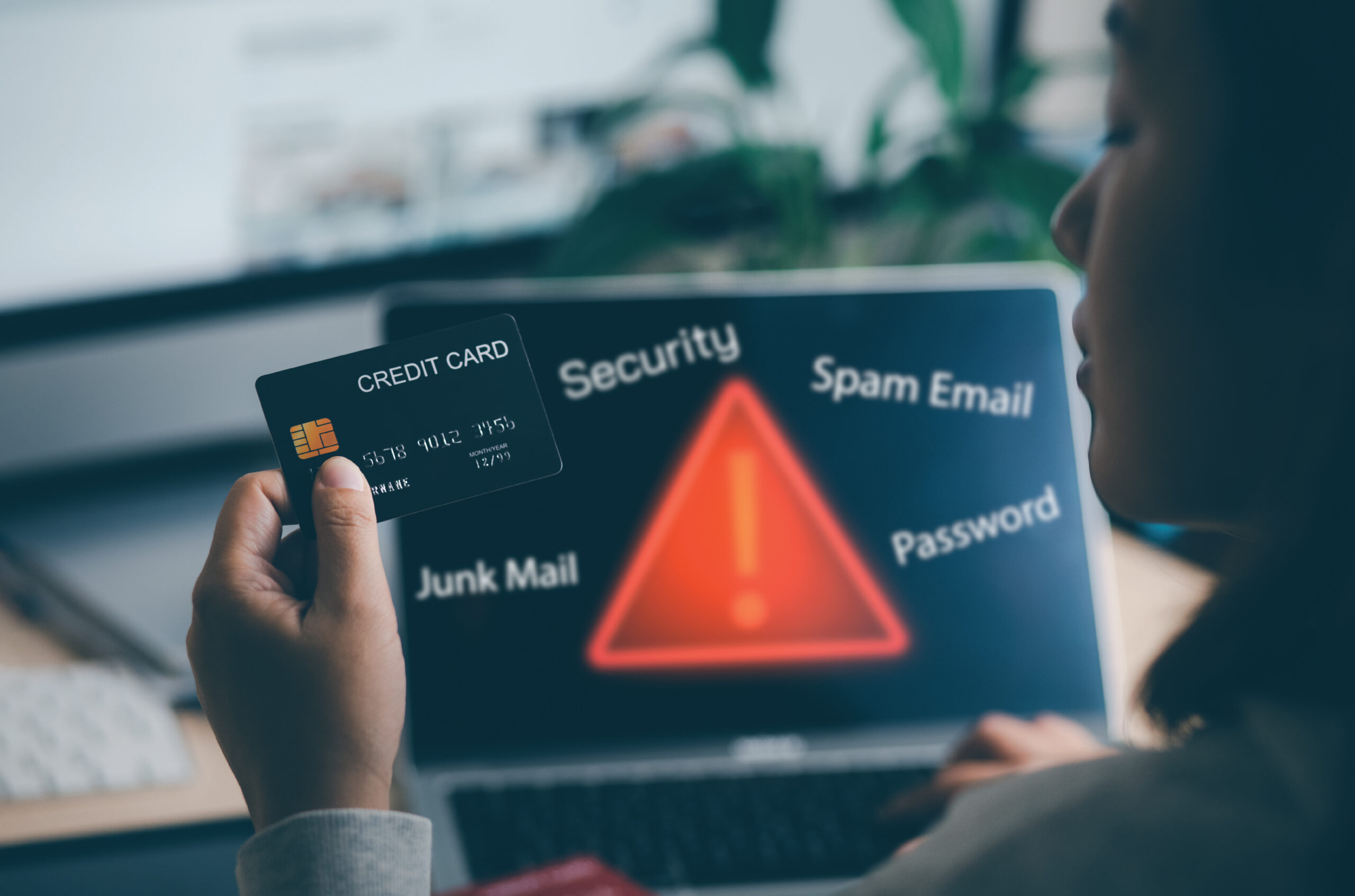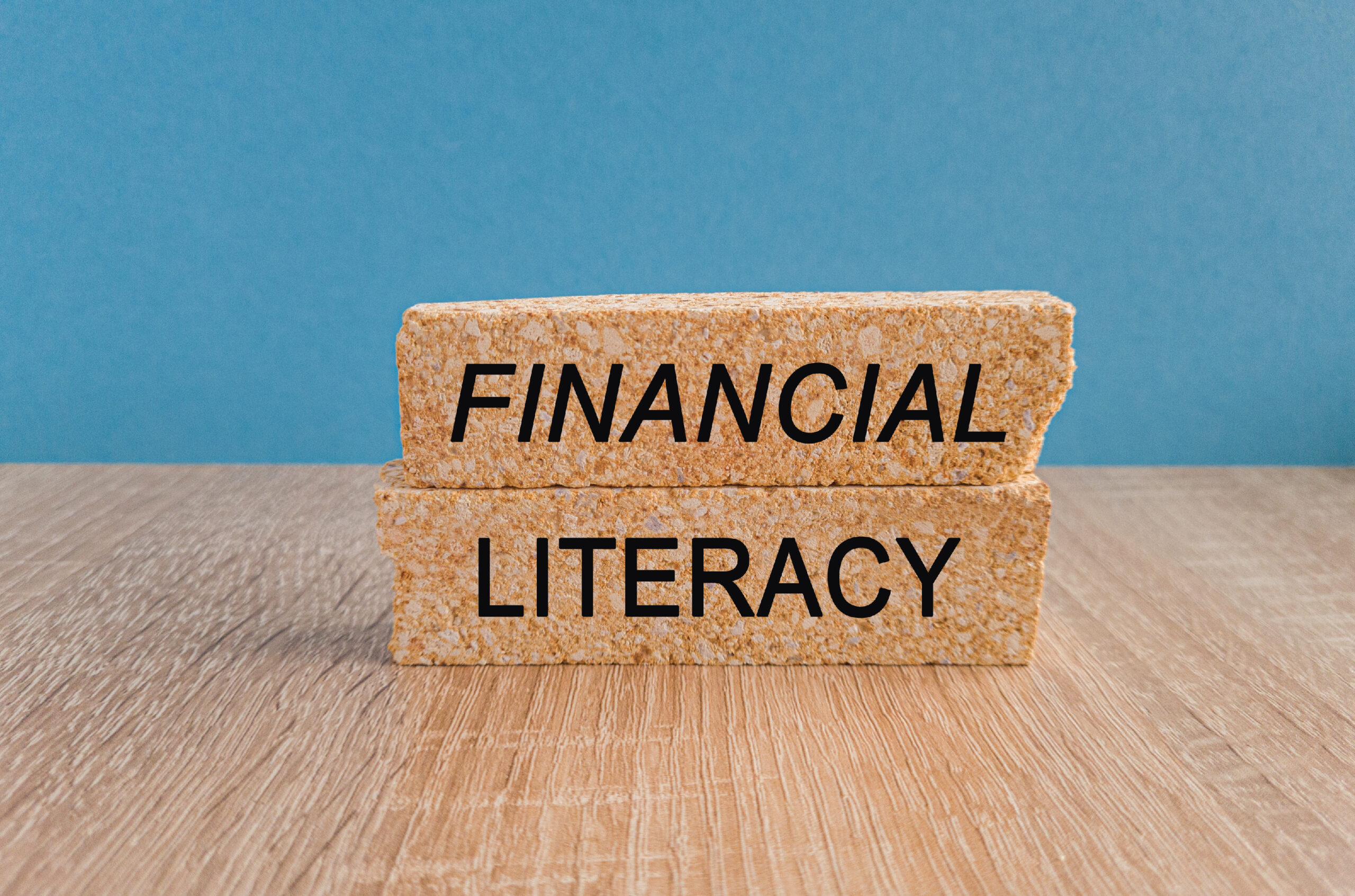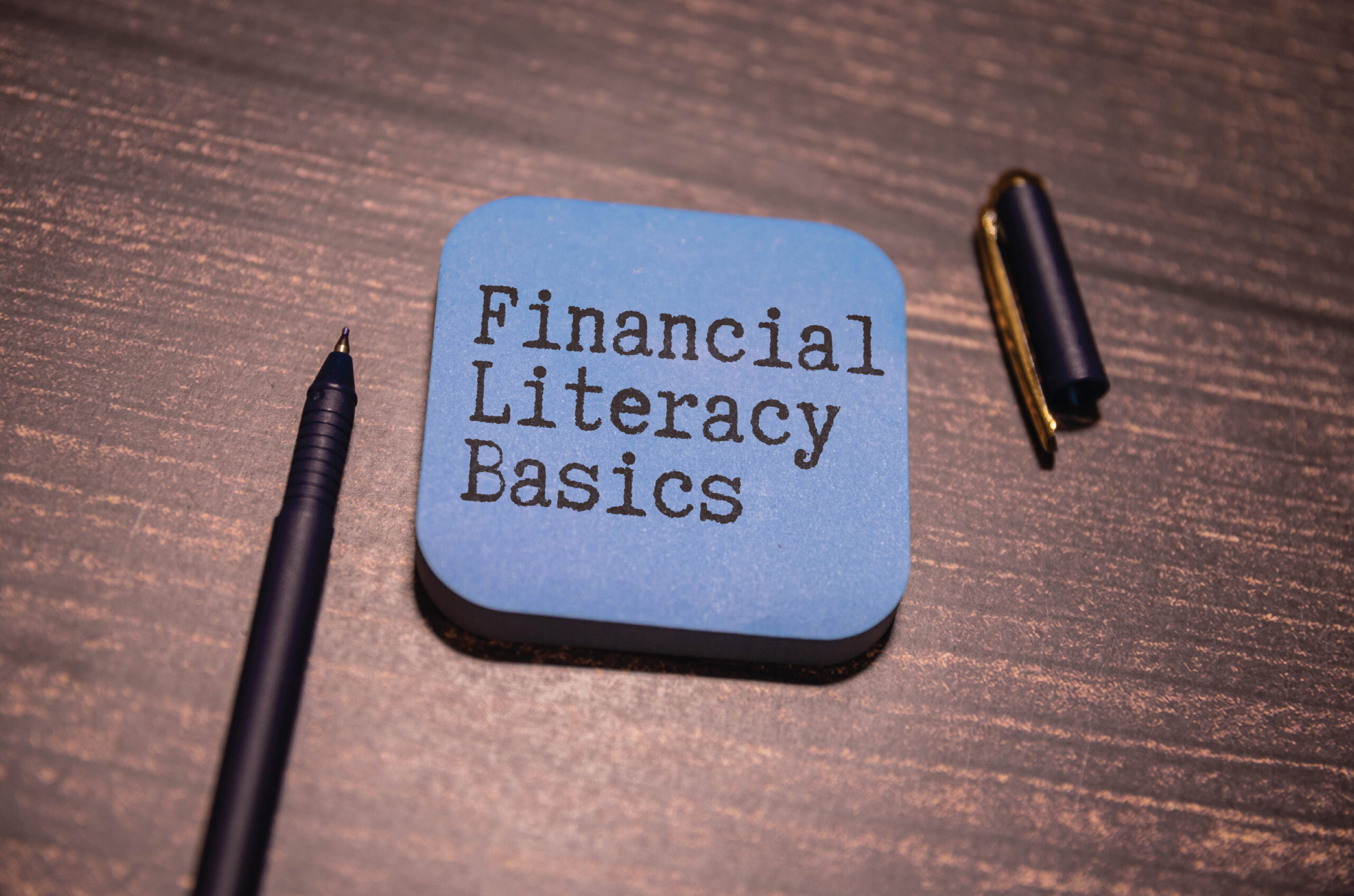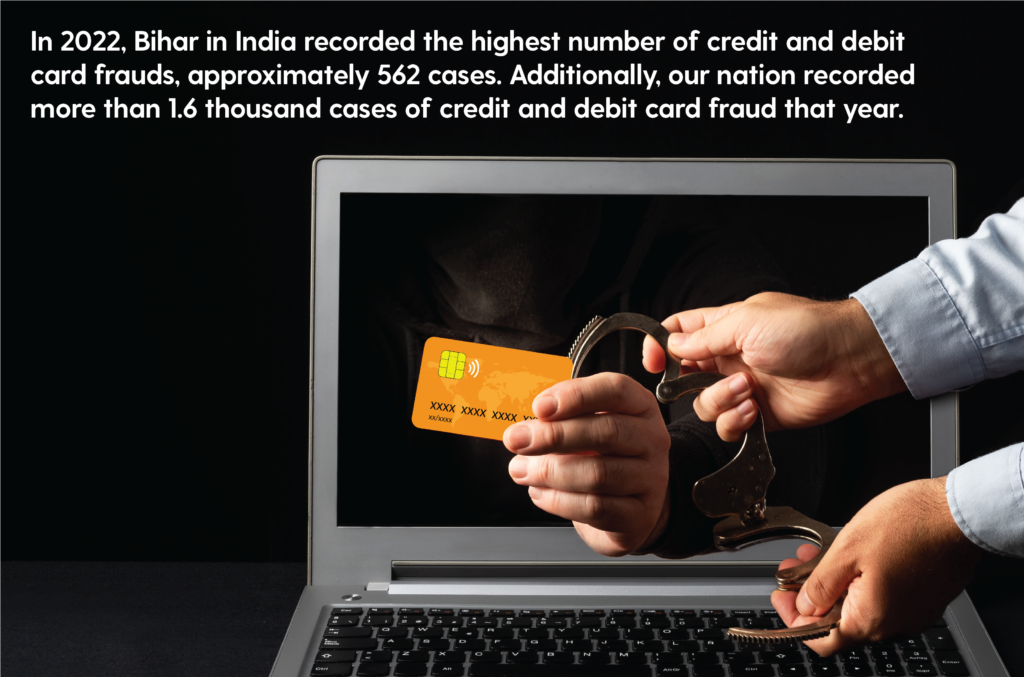
When it comes to one of the optimal financial tools, it’s hard to underestimate the noteworthiness of credit cards. These are widely used for both online and offline payments in almost every region of the world. Their usage doesn’t just offer convenience but also provide discounts, offers, and reward points by various banks. Indeed, reward points can pave the way to financial gains; still, it makes sense to keep a sharp eye out. Scammers usually wait for the right opportunity to scam people. They accomplish this task by dropping tempting offers of extra points or supposed assistance in redeeming your hard-earned rewards. Make it a priority to stay savvy and prudent to navigate these dangerous waters!
It is crucial to always be watchful and actively take preventive measures to outfox scammers. Besides using your credit cards sensibly, make sure to not fall prey to deceitful activities. Moreover, one can also use the YPay card. It is a prepaid smart card solution that is designed for the Youth of India. Though it is designed to teach Indian youth to grasp the concept of financial literacy, its advantages can be reaped by various age groups. It allows you to pay anywhere, anytime. Known for safe and secure payments, the efficiency of the YPay card is enhanced when used with the YPay app. In addition to individuals, YPay proves to be a beneficial tool for institutions such as schools, hospitals, gyms, and other organizations alike.
Steer clear from numerous scams by learning to identify the following warning signs written below:
Vishing calls: Vishing is a phone-based scam is performed when fraudsters imitate representatives from financial institutions such as banks to acquire confidential data. Offenders utilize this data to commit frauds like identity theft and steal money. Vishing scams are snowballing with each passing day, and scammers employ tactics like caller ID spoofing and urgency to deceive victims. Always stay alert when receiving unsolicited calls, particularly those that request sensitive details such as bank account numbers, OTPs (one-time passwords), and more.
Phishing links: Beware of defrauding emails or SMS falsely claiming to be from your bank or service provider that coerces you to reveal sensitive credentials, such as the pin of your credit card or OTP via sending misleading links.
Credit card application fraud: Criminals exploit stolen personal details such as name, address, birthday, and so on to apply for credit cards. Victims usually fail to notice this category of fraud until they apply for credit themselves or review their credit report. Though the victim is usually not accountable for any purchases completed with fraudulent credit card accounts due to the security presented by the cards, this type of fraud can severely sabotage the victim’s credit score.
Toll-free number and fake customer care number: Fraudsters are infamous for using webpages, social media platforms, and search engines to trick customers into making calls and revealing confidential data.
Remote access applications: Bilking customers to install an application to obtain access to their device’s data.
Malicious individuals may try to obtain your credit card information by using the aforementioned methods.
Credit card skimming: Despite the preponderance of cards, card skimming is still in practice. Skimmers are used to steal credit card details from the magnetic strip on the back of the card. Scammers connect them to credit card reader machines in retail stores, ATMs, petrol pumps, etc. Then they either sell the information to other charlatans or utilize it themselves to make charges on your card.
Account takeover: After counterfeiters pilferage your personal information, they connect with numerous credit card companies mimicking the cardholder. They then modify passwords and PINs so they get a strong grasp of the account. This fraud will probably be noticed when the cardholder attempts to employ their card or log in to their account online.
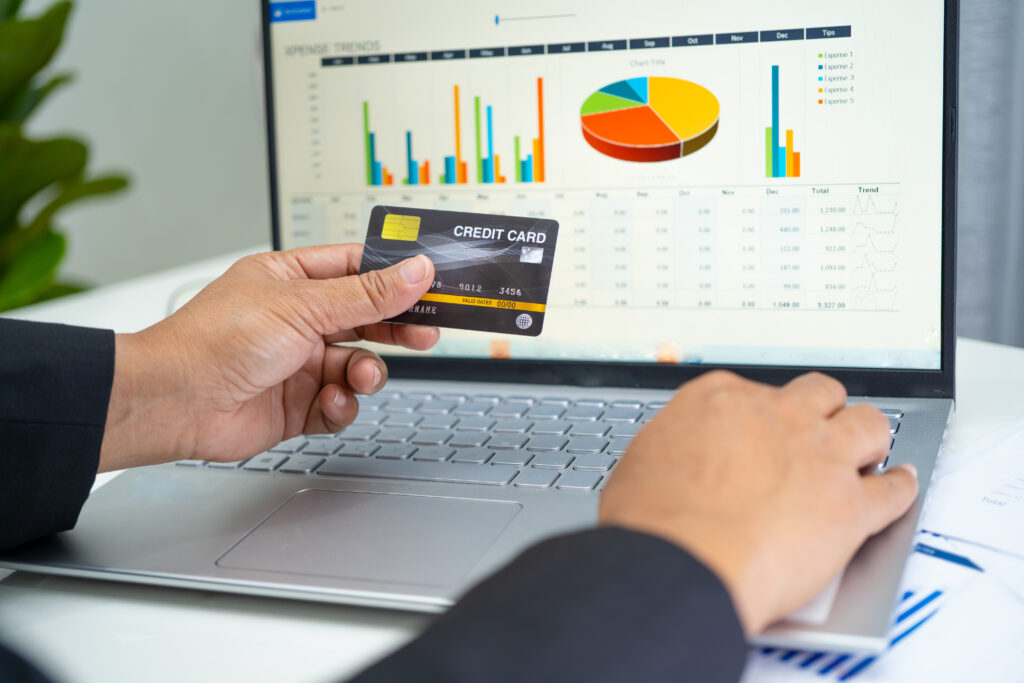
How Do You Protect Yourself?
Abstain from sharing personal information such as card credentials, or OTP/CVV/PIN with anyone especially on unsolicited calls.
When you stumble upon any offers or situations that seem excessively advantageous, it is recommended to pause, take a deep breath, and deliberate before retorting.
For a safe way to check and redeem your points, it’s advisable to perform these tasks by visiting your bank’s official online portal.
Report the fraud ASAP to the relevant authorities
At the first sign of fraudulent activity, it is imperative to make sure to immediately notify the Ministry of Home Affairs (MHA) through their National Crime Reporting Portal, accessible via toll-free number ‘1930’ or ‘https://cybercrime.gov.in/’. The importance of immediate action concerning blocking your debit and credit cards upon suspicion of any wrongdoing is vital. This act functions as a powerful obstacle against unauthorized transactions, guaranteeing the safety of your finances and personal information. By acting promptly, you not only ameliorate potential losses but also prevent further harm or exploitation.

Some parting words-
Undeniably, money isn’t something that magically buds from trees. Each penny earned signifies the time, hard work, and devotion you have invested. Therefore, it is indispensable to use and keep your money safely. Before spending every penny, ensure that expenditures align with your goals and values.
Moreover, in today’s contemporary digital age, where financial transactions usually occur with just a tap, the threat of fraud also keeps lurking around. So, when using credit cards as a financial tool, it’s not just about timely bill payments—it’s also about sustaining a cautious attitude against sneaky fraudsters residing in the shadows of cyberspace.

